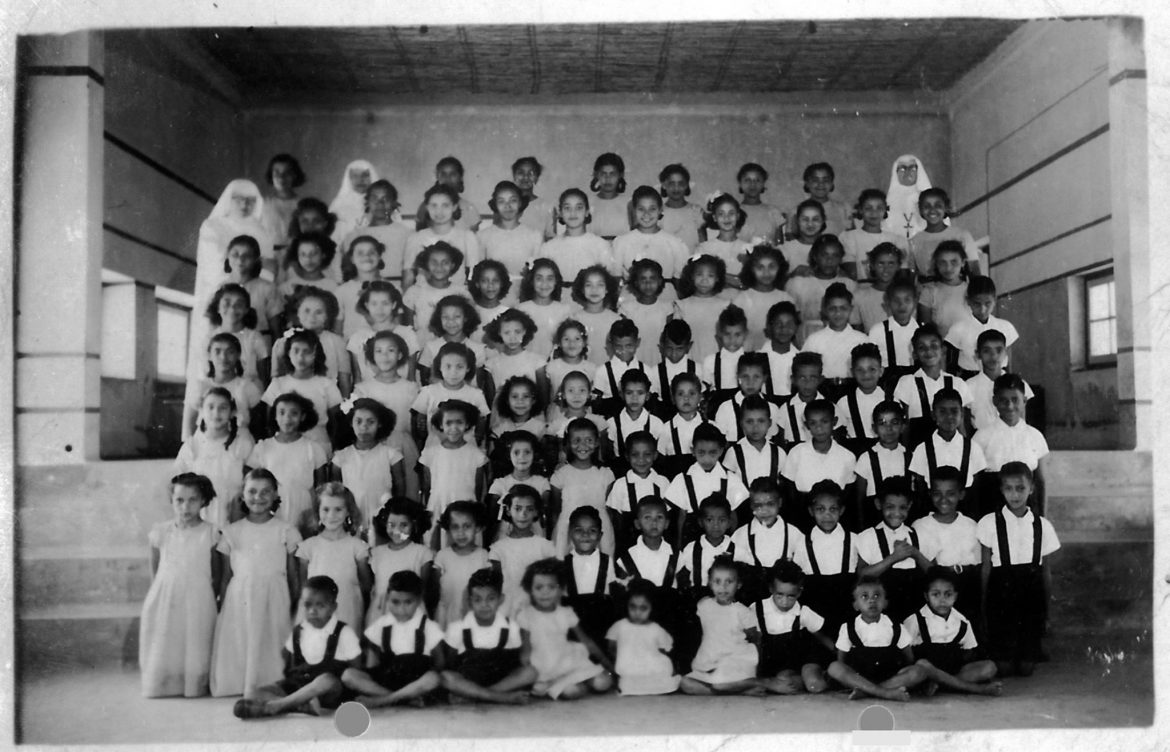Belgium has apologised for its abuse of mixed race children – it’s time for Ireland to do the same
gal-dem
2019-04-11

Image via Métis Association of Belgium / Facebook
The apology from Belgium’s prime minister, Charles Michel, for the segregation, kidnapping and trafficking of as many as 20,000 mixed-race children in the Congo, Burundi and Rwanda, is long overdue. Forcibly taken from Africa to Belgium between 1959 and 1962, métis children born in the 1940s and 50s were left stateless. If you’re not aware of the atrocities of colonialism (Belgium was responsible for the deaths of between 10 to 15 million Africans), this type of identity-destroying abuse might feel hard to comprehend – especially situated in such recent history. But in the UK, we have our own unresolved issues with the treatment of dual heritage children slightly closer to home: in Ireland.
The correlations between the cases are striking. In Belgian colonies, many métis were brought up in Catholic institutions or orphanages, away from family and sometimes removed from where they were born. “These children posed a problem. To minimise the problem they kidnapped these children starting at the age of two… The Belgian government and the missionaries believed that these children would be subjected to major problems,” Francois Milliex, the director of the Métis Association of Belgium, told RFI.
Similarly, in Ireland, it has been documented that mixed-race children were left to rot in mother and baby homes and industrial schools in the 1940s to 60s. The Catholic Church was involved – nuns and priests would often run the homes and schools. “To be Irish was to be Roman Catholic. To be Roman Catholic was to be Irish,” says Rosemary Adaser, who co-founded the Mixed Race Irish campaign and support group for victims of the homes and schools. “It wasn’t uncommon for the Roman Catholic Church to send over its priests to the Irish community in London and give them lessons in morality.”…
Read the entire article here.








